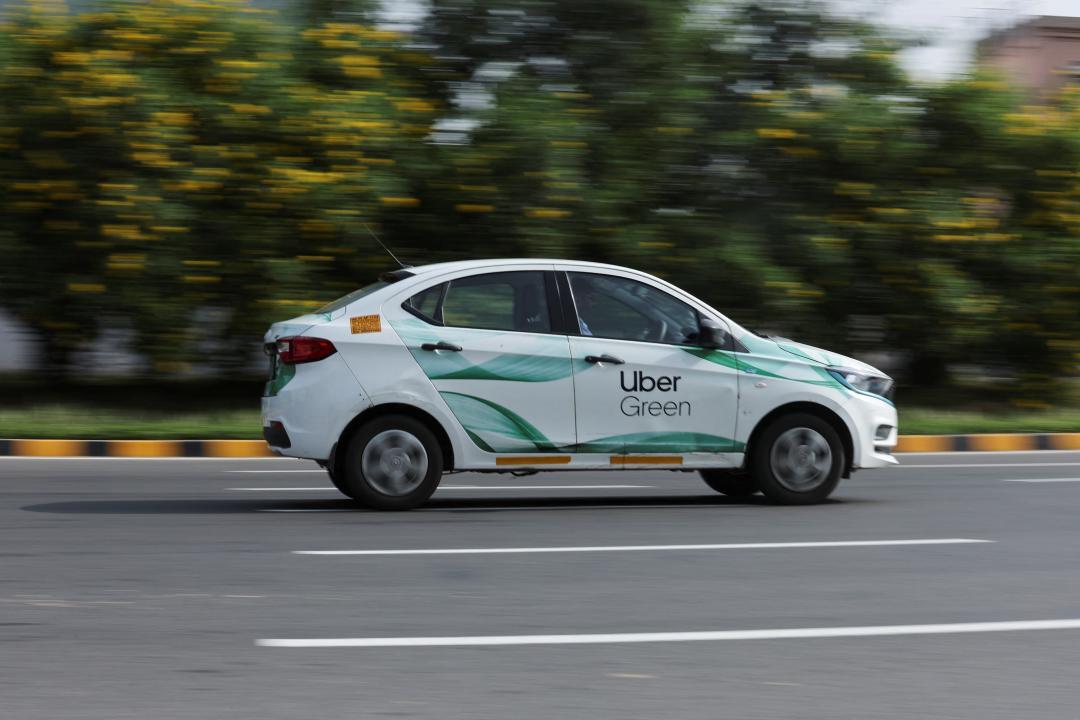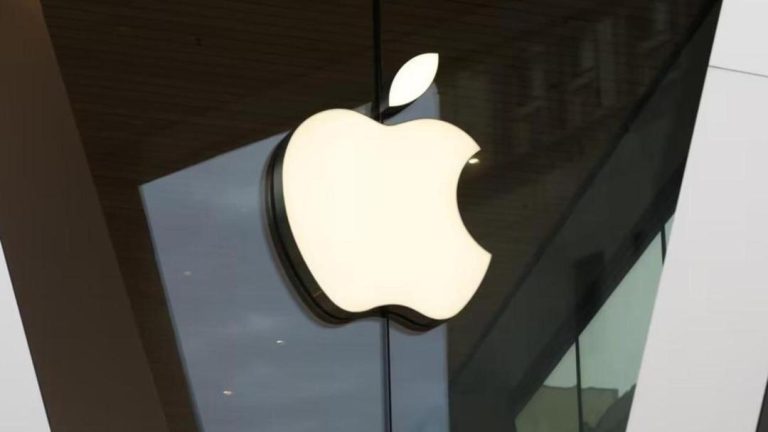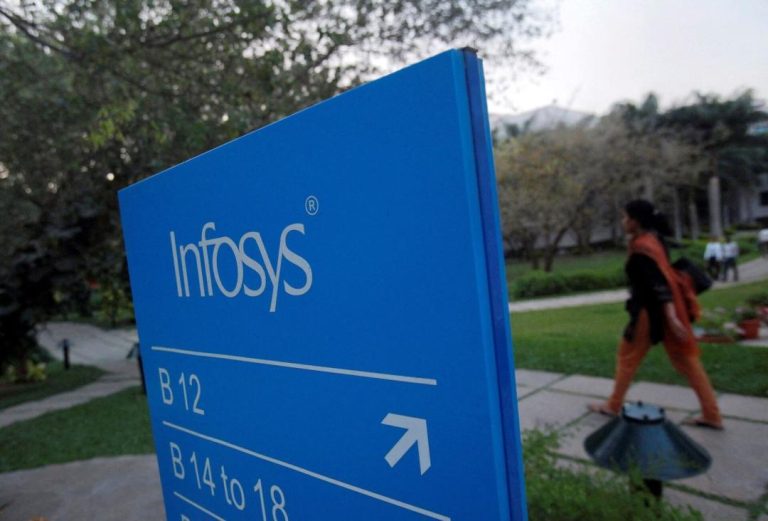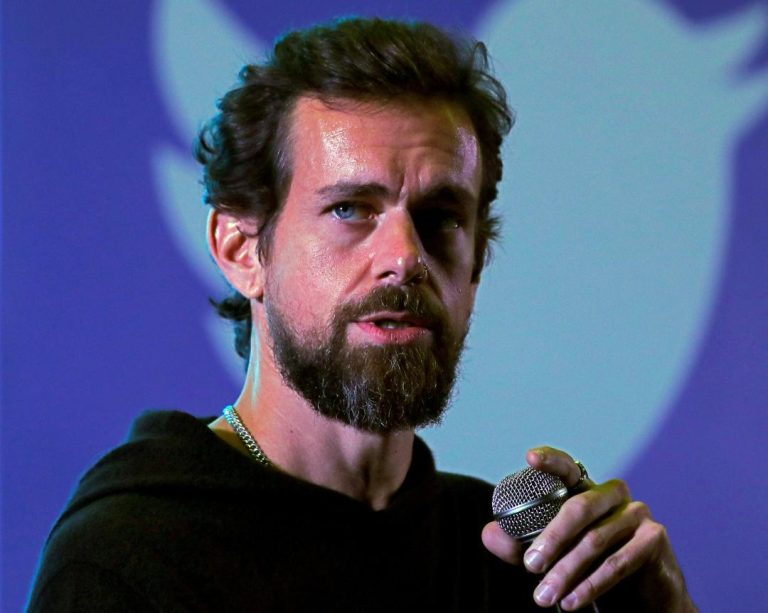
Why are Ola, Uber & Rapido drivers on indefinite strike in Mumbai?
In recent times, the Indian city of Mumbai has been hit with a wave of disruptions in the transportation sector, courtesy of an indefinite strike by Ola, Uber, and Rapido drivers. The strike, which began on a sudden notice, has resulted in longer wait times for passengers and a significant reduction in the number of cabs on the road. But what’s behind this sudden and unexpected move by the drivers of these popular ride-hailing services?
According to reports, the drivers of Ola, Uber, and Rapido, who are the backbone of these services, have been feeling the pinch of low earnings and unsustainable income levels. The drivers, who are the ones who put in the hard work and risk on the roads, are crying foul over the low earnings they receive after deducting aggregator commissions and fuel expenses.
In an interview with NDTV, a driver who works for Ola said, “We earn around ₹15-20 per kilometre, but after deducting aggregator commission, fuel expenses, and other charges, our actual income falls to just ₹8-12 per kilometre. This is unsustainable, especially with rising fuel and maintenance expenses.”
Another driver, who works for Uber, echoed similar sentiments. “We are not against the aggregator model, but we want a fair share of the earnings. We are not getting even a decent income, despite working for long hours and facing various challenges on the road,” he said.
The drivers’ demands are simple – they want a fair share of the earnings, which they believe is being exploited by the aggregators. They are seeking a minimum guaranteed income of ₹20-25 per kilometre, which they believe is reasonable considering the risks and challenges they face on the road.
But why are the aggregators not willing to budge? It’s a complex issue, with various stakeholders having different perspectives on the matter. The aggregators argue that they invest heavily in technology, marketing, and other infrastructure to provide a seamless experience to passengers. They also claim that the commissions they charge are necessary to cover their costs and ensure the sustainability of their businesses.
On the other hand, the drivers argue that the aggregators are reaping most of the benefits, while they are left with meager earnings. They also point out that the aggregators are making huge profits, which are not being shared with them.
The strike by Ola, Uber, and Rapido drivers has caught many by surprise, especially since it has resulted in significant disruptions to the transportation sector. But the drivers’ demands are not new, and there have been several instances of strikes and protests by drivers in the past.
In recent years, there have been growing concerns about the treatment of drivers by aggregators. The drivers have been complaining about low earnings, long working hours, and lack of job security. The strike by Ola, Uber, and Rapido drivers is a manifestation of these concerns and a demand for better treatment and fair earnings.
What does the future hold for the Ola, Uber, and Rapido drivers in Mumbai? Only time will tell. However, one thing is certain – the drivers will continue to fight for their rights and demand fair treatment from the aggregators. As the strike enters its second week, it remains to be seen whether the aggregators will budge or whether the drivers will have to continue their fight for better earnings.
Source:






